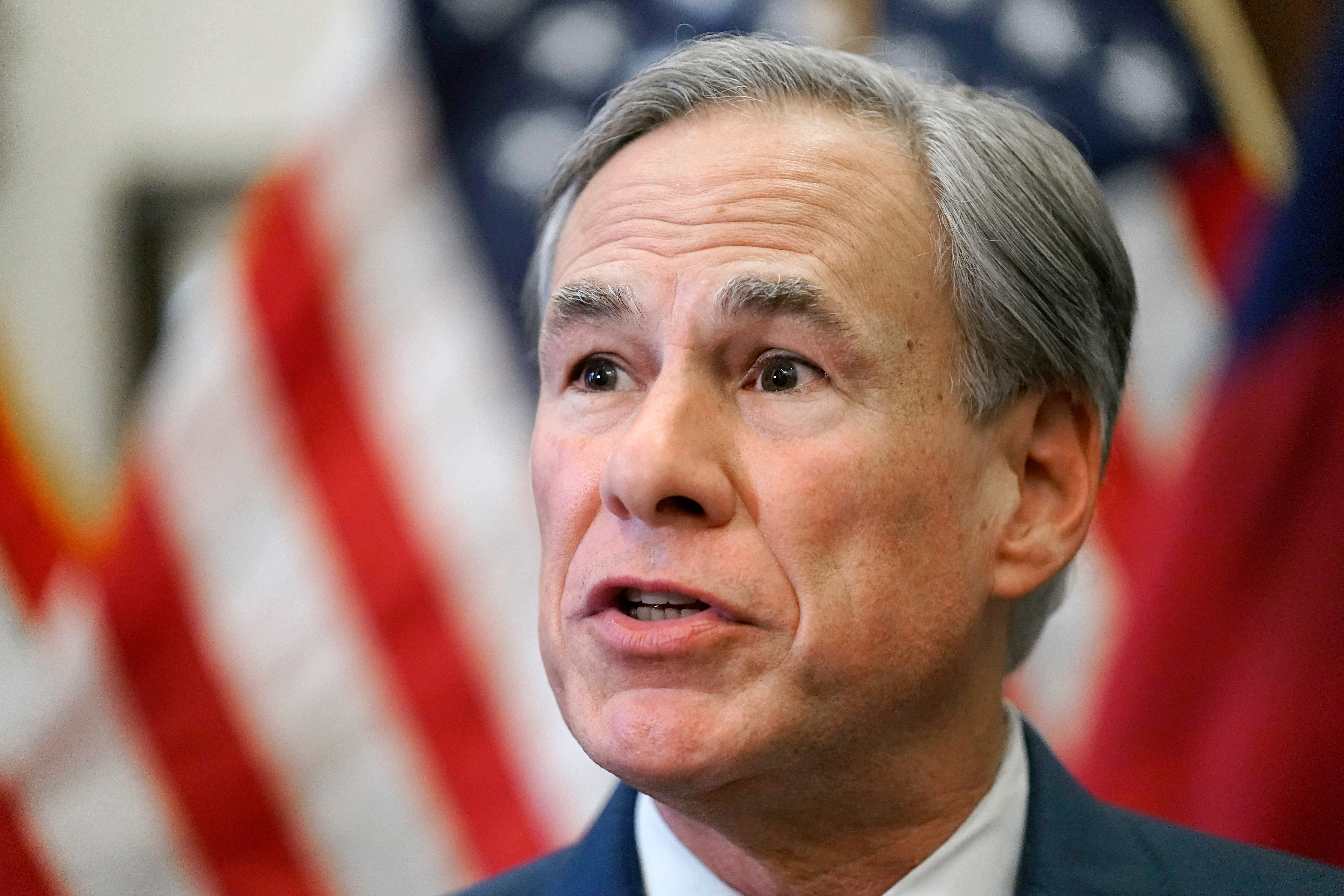Texas hospitals must now ask patients whether they're in the US legally. Here's how it works
Texas hospital patients will be asked if they’re in the U.S. legally starting Friday

Your support helps us to tell the story
From reproductive rights to climate change to Big Tech, The Independent is on the ground when the story is developing. Whether it's investigating the financials of Elon Musk's pro-Trump PAC or producing our latest documentary, 'The A Word', which shines a light on the American women fighting for reproductive rights, we know how important it is to parse out the facts from the messaging.
At such a critical moment in US history, we need reporters on the ground. Your donation allows us to keep sending journalists to speak to both sides of the story.
The Independent is trusted by Americans across the entire political spectrum. And unlike many other quality news outlets, we choose not to lock Americans out of our reporting and analysis with paywalls. We believe quality journalism should be available to everyone, paid for by those who can afford it.
Your support makes all the difference.Texas hospitals must ask patients starting Friday whether they are in the U.S. legally and track the cost of treating people without legal status following an order by Republican Gov. Greg Abbott that expands the state's clash with the Biden administration over immigration.
Critics fear the change could scare people away from hospitals in Texas, even though patients are not required to answer the questions to receive medical care. The mandate is similar to a policy that debuted last year in Florida, where Republican Gov. Ron DeSantis is also a frequent critic of the federal government's handling of illegal crossings along the U.S.-Mexico border.
Texas hospitals have spent months preparing for the change and have sought to reassure patients that it won't affect their level of care.
Here's what to know:
Required to ask, not required to answer
Under the executive order announced by Abbott in August, hospitals must ask patients if they are citizens in the U.S. and whether they are lawfully present in the country.
Patients have the right to withhold the information and hospital workers must tell them their responses will not affect their care, as required by federal law.
Tracking hospital costs and patient data
Hospitals are not required to begin submitting reports to the state until March. An early draft of a spreadsheet made by state health officials to track data does not include fields to submit patient names or personal information.
Providers will fill out a breakdown of visits by inpatient and emergency care patients and document whether they are lawfully present in the country, citizens or not lawfully present in the U.S.
The reports will also add up costs for those covered by Medicaid or the Children's Health Insurance Program, known as CHIP; and the cost for patients without it.
“Texans should not have to shoulder the burden of financially supporting medical care for illegal immigrants,” Abbott said when he announced the policy.
Texas is following Florida's lead
Florida enacted a similar law last year. Health care advocates contend the law has made immigrants who need of emergency medical care fearful and led to fewer people seeking help, even from facilities not subject to the law.
Florida’s early data is — by the state's own admission — limited. The data is self-reported. Anyone can decline to answer, an option chosen by nearly 8% of people admitted to the hospital and about 7% of people who went to the emergency room from June to December 2023, according to Florida's state report. Fewer than 1% of people who went to the emergency room or were admitted to the hospital reported being in the U.S. “illegally.”
Texas hospitals have been preparing
Immigrant and health care advocates have sought to educate the Texas public about their rights. In Florida, groups used text messages, posters and emails to get the word out. But advocates there have said they didn’t see fears subside for about a year.
Health care providers received directives from the state and guidance from the Texas Hospital Association.
“The bottom line for patients is that this doesn’t change hospital care. Texas hospitals continue to be a safe place for needed care," said Carrie Williams, spokesperson for the hospital association.